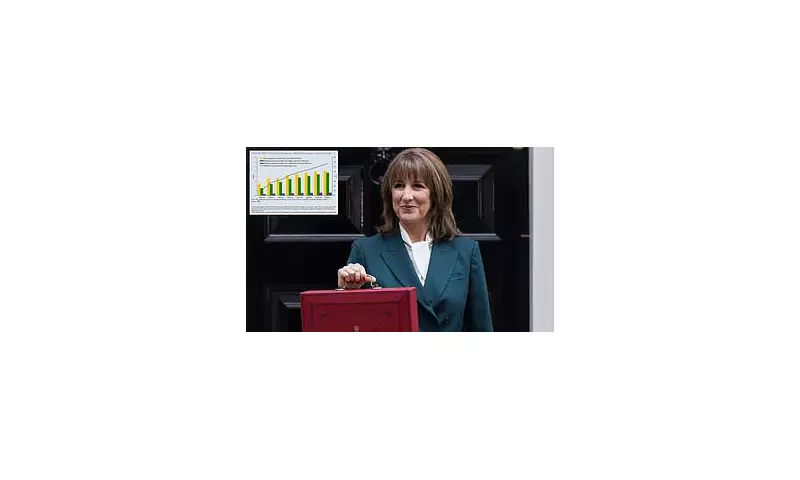
Chancellor Rachel Reeves has delivered a brutal blow to millions of workers, savers and pensioners by extending the controversial tax threshold freeze in her Budget announcement today.
The Extended Freeze: What It Means for You
The Chancellor has decided to maintain the long-running freeze on personal tax thresholds for an additional three years beyond 2028. This means the income tax personal allowance will remain stuck at £12,570 until 2030-31, while the higher rate and additional rate thresholds will stay frozen at £50,270 and £125,140 respectively over the same period.
According to the Office for Budget Responsibility (OBR), which earlier faced criticism for leaking Budget details, this extension will raise approximately £8 billion annually for the Treasury. The watchdog confirmed that the three-year extension announced on Wednesday will create significant changes to the UK's tax landscape.
Millions Dragged into Higher Tax Brackets
The consequences of this extended freeze are staggering. Between 2022-23 and 2030-31, an additional 5.2 million Britons will be pulled into paying income tax entirely. Even more dramatically, 4.8 million more taxpayers will find themselves pushed into the higher 40p rate, while 600,000 more will reach the additional 45p rate.
The OBR's detailed analysis shows that by 2029/30, Reeves' decision will result in 780,000 more basic rate income tax payers, along with 920,000 more higher rate and 4,000 more additional rate income tax payers.
Broken Promises and Pensioner Predicament
This move represents a significant departure from Labour's election promises. The Institute for Fiscal Studies think-tank has stated that freezing tax thresholds breaks both the spirit and letter of Labour's manifesto, which explicitly promised not to raise taxes on 'working people'.
The policy also contradicts Ms Reeves' own words from last year's Budget, where she specifically committed to ending the freeze. The extended freeze to tax allowances and thresholds between April 2021 and April 2031 is now estimated to raise a total of £67 billion.
Pensioners face a particular dilemma. Due to the 'triple lock' guarantee, the state pension is set to soon exceed £12,570 per year, meaning millions of pensioners will unexpectedly find themselves paying income tax. This creates a situation where the government effectively gives with one hand through pension increases, while taking with the other through threshold freezes.
This stealth tax policy, originally implemented in April 2021, has become one of the biggest tax-raisers in UK history as wages have risen sharply to keep pace with inflation, dragging more people into higher tax brackets without technically increasing tax rates.





